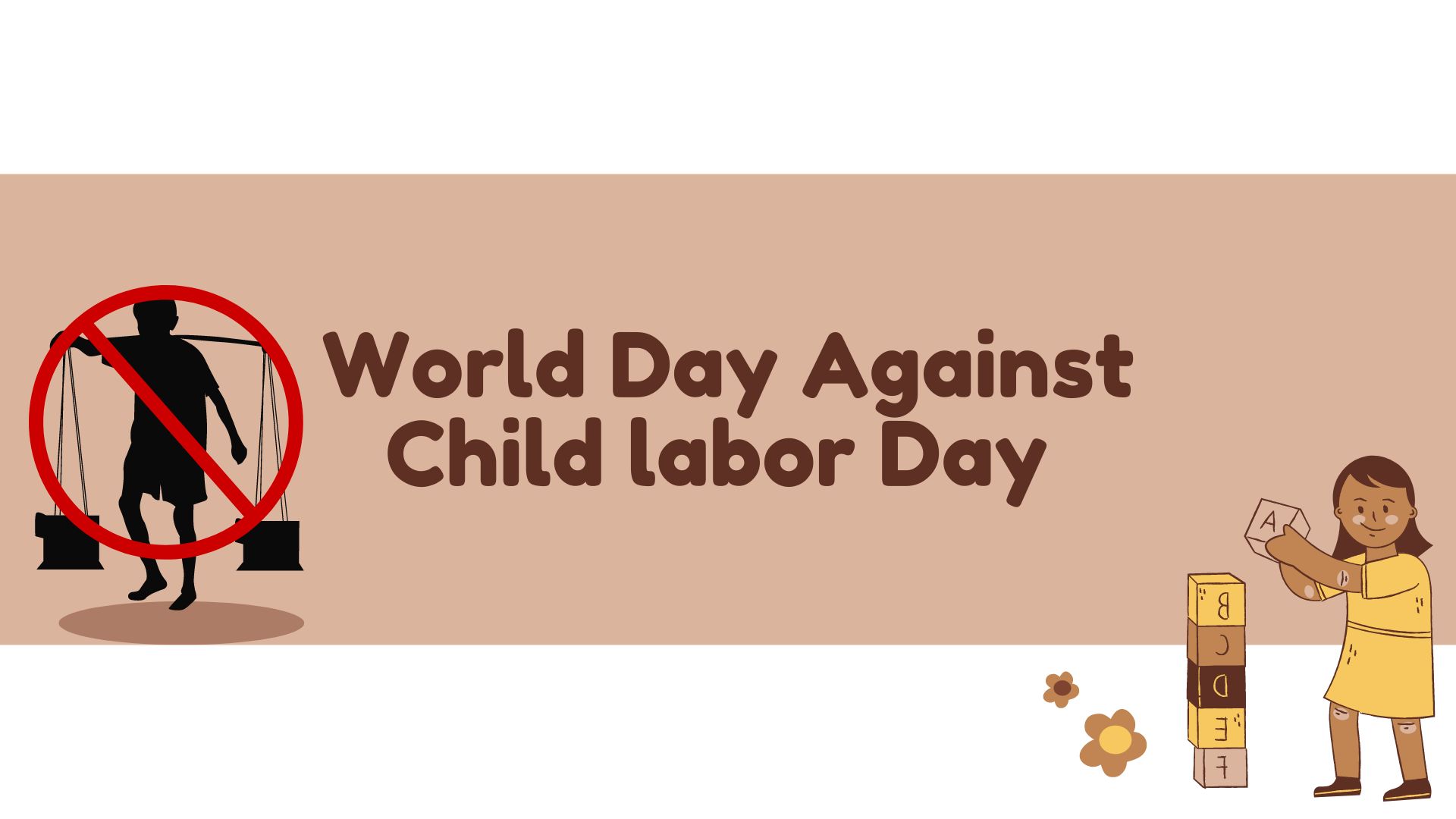Today, no conversation on sustainability can exclude a reference to the pandemic which is far from over. Nearly two years since its outbreak the reality is clear – this is going to be a long-drawn fight which will drain more resources, financial reserves and regrettably, result in the loss of more lives than we could have imagined. While it first began as a healthcare issue, it soon emerged as a multi-faceted economic and social crisis that exposed vulnerabilities in supply chains, infrastructure, financial markets and other lifeline sectors. Despite the encouraging news of effective vaccines, it remains a question if the normal life we were once leading before the outbreak will ever return.
Traditional business models have aimed to create value for shareholders, often at the expense of other stakeholders. Sustainable businesses are redefining the corporate ecosystem by designing models that create value for all stakeholders, including employees, shareholders, supply chains, civil society, and the planet. Michel Porter and Mark Kramer pioneered the idea of “creating shared value,” arguing that businesses can generate economic value by identifying and addressing social problems that intersect with their business.
Simply put, sustainability makes good business sense. From continuously improving operational efficiency and environmental performance of facilities, to pursuing low carbon solutions, and strategically investing for growth, sustainable practices are viewed as the best way to ensure business remains viable for the long-term. The foundation of a sustainable company is safe and healthy employees. There is recognition that the quality of life of future generations will depend on the efficiency of resource use today. Further, enhancing the social capital by building capacity for self-reliance in the community – rather than charity, and awareness in its consumers – rather than glitzy marketing gimmicks – demonstrate how environmental and social imperatives are integral to sustainable business performance.
The preponderance of evidence shows that sustainability is going mainstream. Executives can no longer afford to approach sustainability as a “nice to have” or as solid function separated from the “real” business. Companies that proactively make sustainability core to business strategy will drive innovation and engender enthusiasm and loyalty from employees, customers, suppliers, communities and investors. The experience of JSW Steel is a case in point. Its flagship plant is in the Bellary district in the state of Karnataka – this happens to be India’s largest integrated iron and steel plant. The site has only medium to poor grade iron ore available locally (so it also sources it from domestic and overseas suppliers), hardly any linkage to coal mines, and with practically no water. The company invested in several pioneering and innovative steps in the past two decades: developed the technology for utilising low-grade ore and high-ash domestic coal, utilisation of the energy of waste gases to generate electricity, recirculated and recycled water the maximum number of cycles in India, converted gradually all the slag it generates into cement, and so on. Ultimately, it has arguably the world’s lowest conversion cost in the sector. Combined with its initiatives in social and community development, occupational health and safety, corporate governance, voluntary disclosure practices and several more, resulted in JSW Steel being included in the Nifty (India’s National Stock Exchange) and the Dow Jones Sustainability Index.
Transparency is a powerful tool for building trust; it is less about a report, but more about what is done after the information is available. It serves as a catalyst for performance, especially since social issues have come to the fore along with environmental and governance matters, necessitating new collaborations and partnerships, as stated in UN SDG 17.
The pandemic created a need to reset the way business is done, and led to the realisation of the importance of purpose at the core of all successful organisations so that there was action to ultimately create positive impact. Leading business organisations have started to demonstrate profit is not a dirty word, but a by-product of pursuing purpose, and using the correct metrics can help prove that true cost of sustainable products and services need not exceed the conventional. One can learn from the example of JSW Steel once again. The company not only harmonised its strategy with that of national interests (Government of India’s Atma Nirbhar Bharat and Swachh Bharat Abhiyaan), but also enhanced the “capitals” that govern a company’s performance.
- protected endangered species (sloth bear) and added forest cover in wasteland [natural capital]
- reduced fossil fuel consumption by being the first steel company of India to get its biggest revenue earning product certified to Environmental Product Declaration standards (based on life cycle assessment) [manufactured capital]
- helped communities with natural resource management initiatives [social capital]
- provided oxygen from the plant for the treatment of Covid [social capital]
- achieved nearly 90% of logistics by sea and rail routes to reduce the carbon footprint [natural capital]
- built a world-class facility to nurture talented sportspersons (the Phogat sisters; Neeraj Chopra; Saina Nehwal are all products of the institute) [human capital].
The UN SDGs are not the end-point; instead, they are the means to an end, a licence to cooperate, charter to co-exist and the GPS for responsible profit. Business cannot thrive in a society that fails; there cannot be islands of opulence in an ocean of deprivation. While the pandemic has been a divider and an equaliser, people should not get swept away by fancy terms like ESG or “build back better”. In fact, in the balanced approach, there can be only “new” instead of “new normal”, and “build” rather than “build back”.
There is no shortcut to excellence; it takes vision, passion and a lot of toil. Turning great aspirations into reality requires great capabilities. Governments, business and civil society have to work should-to-shoulder to pull the world out of the downward spiral.
Let us all be inspired by the words of Robert Swan, OBE, the first man in history to walk to both the North and South Poles, “The greatest threat to our planet is the belief that someone else will save it.”













































































































